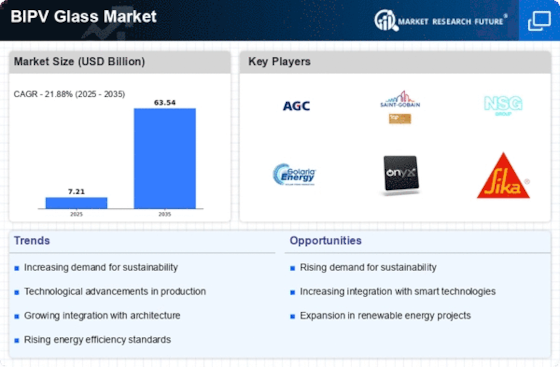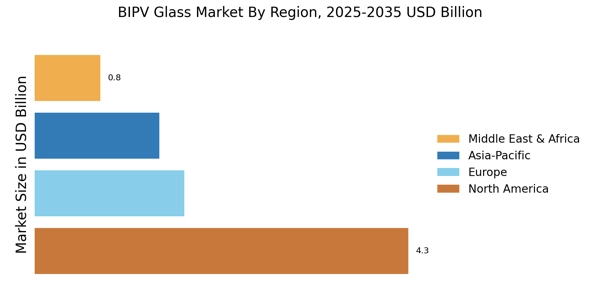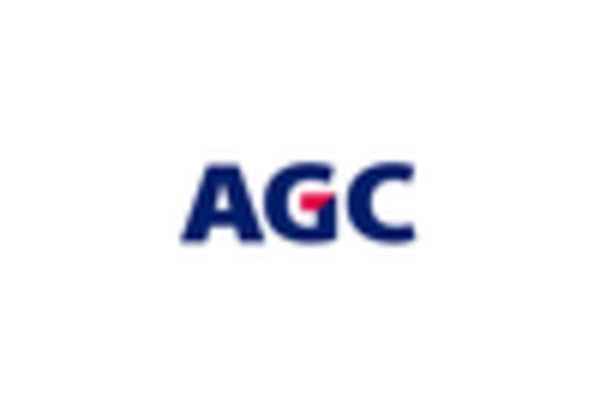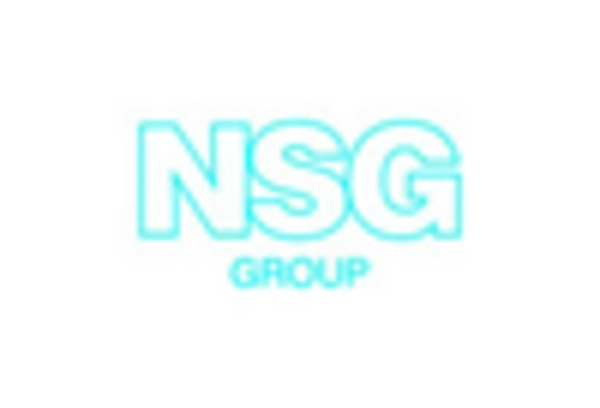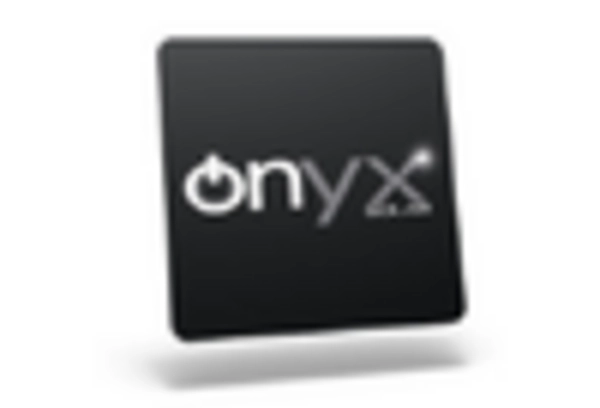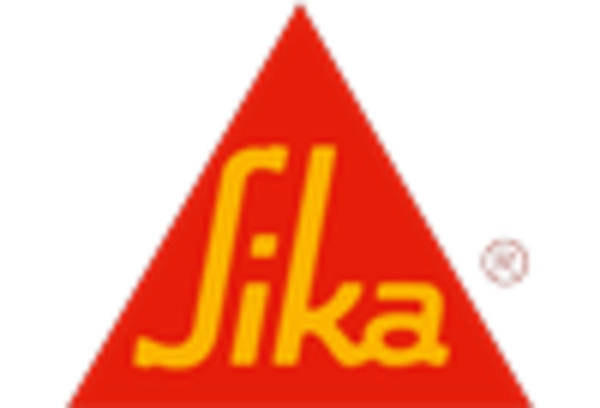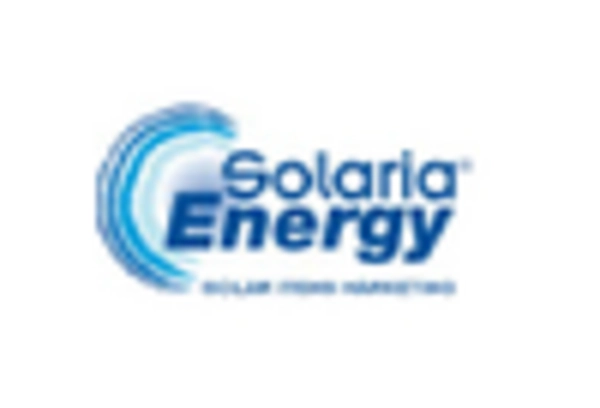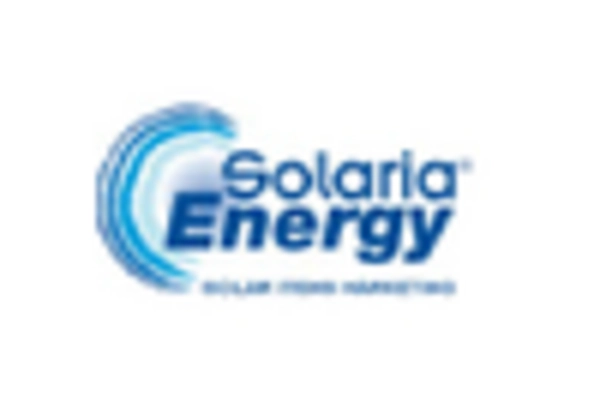Government Incentives and Policies
Government incentives and supportive policies play a crucial role in driving the Bipv Glass Market. Many governments are implementing policies aimed at promoting renewable energy and sustainable building practices. These initiatives often include tax credits, rebates, and grants for projects that utilize energy-efficient technologies, including Bipv glass. For instance, certain regions have established ambitious renewable energy targets, which encourage the adoption of Bipv solutions in both residential and commercial buildings. This regulatory support not only enhances the market appeal of Bipv glass but also fosters innovation within the industry, as manufacturers strive to meet evolving standards and consumer expectations.
Growing Awareness of Climate Change
The rising awareness of climate change and its impacts is driving the Bipv Glass Market as consumers and businesses alike seek sustainable solutions. As the effects of climate change become more pronounced, there is a growing urgency to adopt renewable energy technologies. Bipv glass, which contributes to reducing carbon footprints by generating clean energy, is increasingly viewed as a viable solution. This heightened awareness is influencing purchasing decisions, with consumers favoring products that align with their environmental values. Consequently, the Bipv Glass Market is likely to benefit from this shift in consumer behavior, as more individuals and organizations prioritize sustainability in their building projects.
Rising Demand for Energy Efficiency
The increasing emphasis on energy efficiency in construction and renovation projects appears to be a primary driver for the Bipv Glass Market. As energy costs continue to rise, builders and architects are seeking innovative solutions that not only reduce energy consumption but also generate energy. Bipv glass, which integrates photovoltaic technology into building materials, offers a dual function of providing natural light while generating electricity. According to recent estimates, the energy efficiency market is projected to grow significantly, with a compound annual growth rate of over 10% in the coming years. This trend suggests that the Bipv Glass Market is well-positioned to capitalize on the growing demand for sustainable building solutions.
Architectural Aesthetics and Design Flexibility
The Bipv Glass Market is increasingly influenced by the architectural community's desire for aesthetic appeal and design flexibility. Architects and designers are increasingly incorporating Bipv glass into their projects, as it allows for creative freedom while maintaining energy efficiency. The ability to customize the appearance of Bipv glass, including color and transparency, enables architects to create visually striking buildings that stand out. This trend is particularly evident in urban areas where innovative designs are essential for attracting tenants and buyers. As a result, the Bipv Glass Market is likely to see a surge in demand from the architectural sector, which values both functionality and aesthetics.
Technological Innovations in Photovoltaic Materials
Technological advancements in photovoltaic materials are significantly impacting the Bipv Glass Market. Innovations such as thin-film solar cells and organic photovoltaics are enhancing the efficiency and versatility of Bipv glass products. These advancements allow for the production of lighter, more efficient, and aesthetically pleasing glass that can be seamlessly integrated into building facades. As research continues to improve the performance of these materials, the Bipv Glass Market is likely to experience increased adoption rates. Furthermore, the development of new manufacturing techniques may reduce production costs, making Bipv glass more accessible to a broader range of consumers and businesses.


